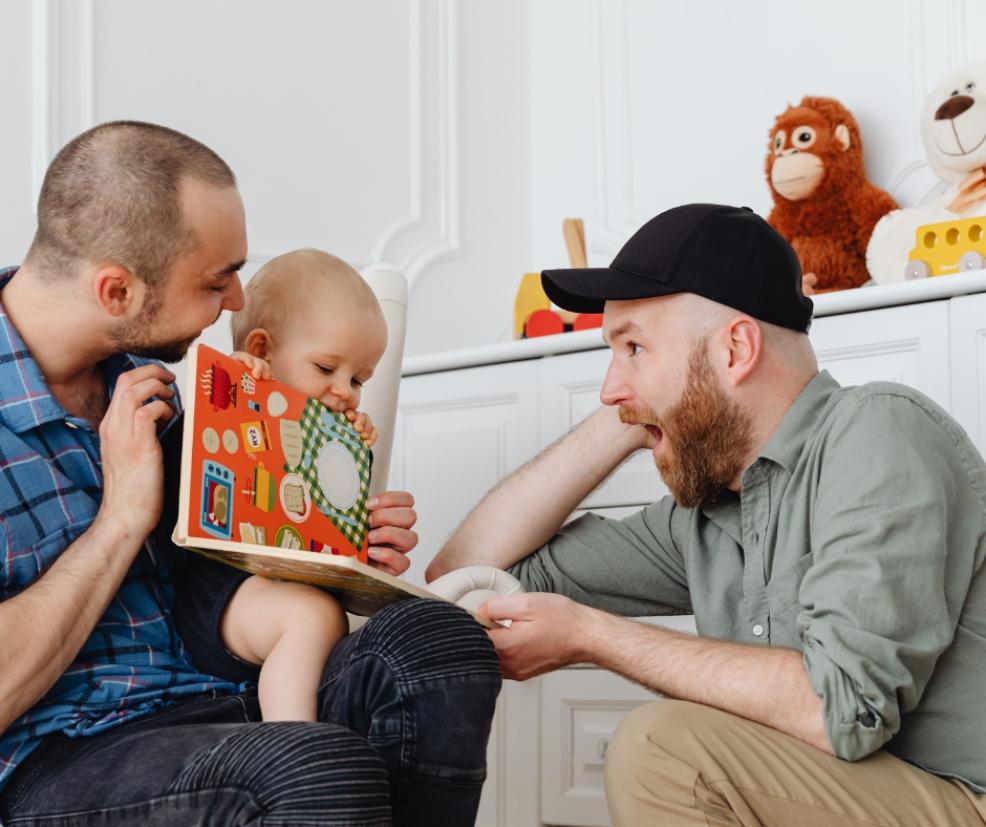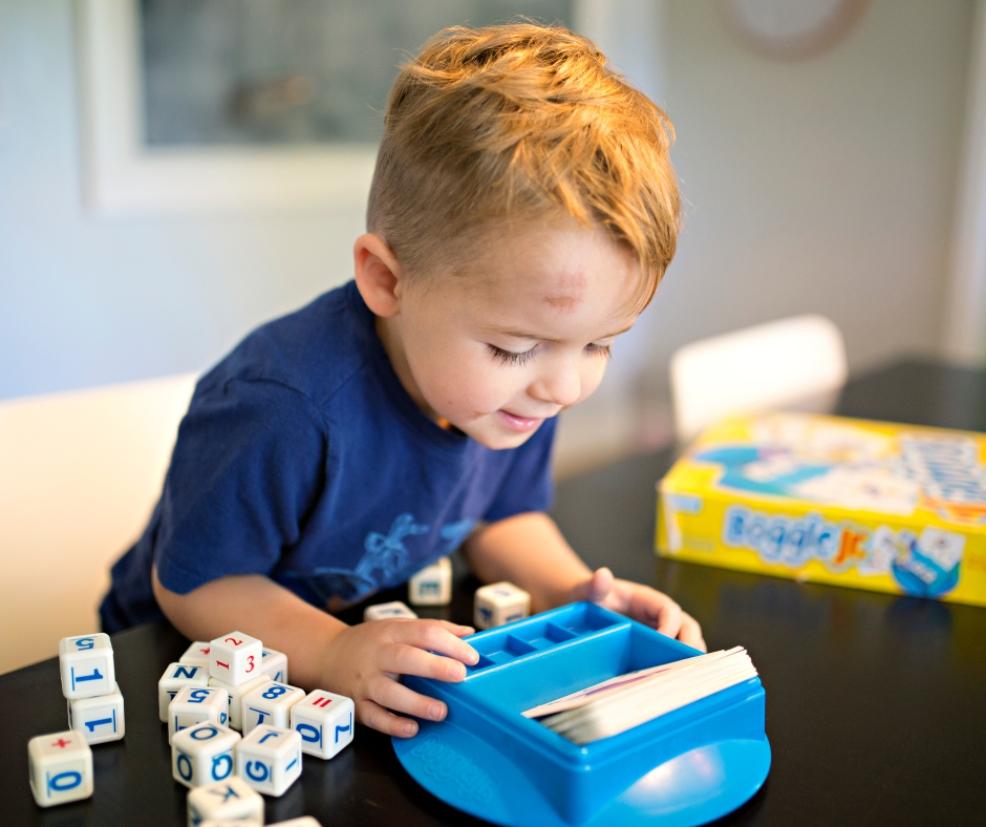
How to expand your child’s vocabulary at home
A study, conducted by Oxford Home Schooling, a leading home education provider, analysed 10,000 tweets from different UK cities to see which have the biggest and smallest vocabularies, and Glasgow came out on top, with the highest percentage of unique words (38.2%).
The UK’s 20 biggest cities ranked by their vocabulary range:
- Glasgow (38.2%)
- Belfast (37.8%)
- Leicester (37.3%)
- London (36.5%)
- Sunderland (36.5%)
- Birmingham (36.3%)
- Southampton (36.1%)
- Liverpool (36%)
- Manchester (35.6%)
- Cardiff (35.6%)
- Middlesborough (35.3%)
- Leeds (35.1%)
- Reading (34.8%)
- Newcastle (34.6%)
- Brighton (34.6%)
- Sheffield (34.3%)
- Edinburgh (33.9%)
- Bournemouth (33.8%)
- Stoke-on-Trent (33.7%)
- Coventry (25.9%)
Language habits are established at an early age, so it’s important to help children develop and expand their vocabulary wherever possible. Greg Smith, head of operations at Oxford Home Schooling, has shared eight top tips to help expand your child’s vocabulary, from asking questions, to playing word games.
How to expand your child’s vocabulary at home
Encourage conversations
“A great way to start expanding their vocabulary is simply by talking to your child! As parents, you are essentially their first teacher, so encouraging them to talk more is a fantastic way for them to process language quicker. Ask them about their day or point out new things whenever you can.”
Read aloud together
“Reading aloud with your child is a great way to expose them to new words in a creative and fun way. If you come across a new word, ask your child if they think they know what the word means, rather than just glossing over it.”
Play word games
“Expanding children’s vocabulary requires patience, so including fun ways to learn can be nice for both parent and child. A word game that’s easy and fun, such as ‘I Spy’ or rhyming games, are great for encouraging learning.”
Label everything
“In the family home, there are lots of things that children see daily, and they can be used in a way that helps further their growth. Use post it notes on the fridge, table or chairs to encourage them to build on their vocabulary.”
Ask lots of questions
“Children naturally ask lots of questions, so ask them back! Your questions don’t have to be in depth or complicated, just something to get them talking and thinking.”
Use flashcards or apps
“A quick and fun way to build your child’s vocabulary is to use flashcards with different words on. Try to tackle one card per day! If your child isn’t taking to flashcards, there are a number of apps that could spike their interest that do a similar job.”
Teach them about root words
“Getting them to expand and understand root words (base part of a word) will help to strengthen their vocabulary even further. Initiate games with your little ones to see if they can spot which words are root words and those that aren’t.”
Weave new words into conversation
“To tie all the above together, try to incorporate new words into everyday conversation to cement their learning and build on your child’s knowledge and understanding.”
For more expert advice on how to help expand your children’s vocabulary, visit: How to expand your child’s vocabulary at home I Oxford Open Learning (oxfordhomeschooling.co.uk)

















